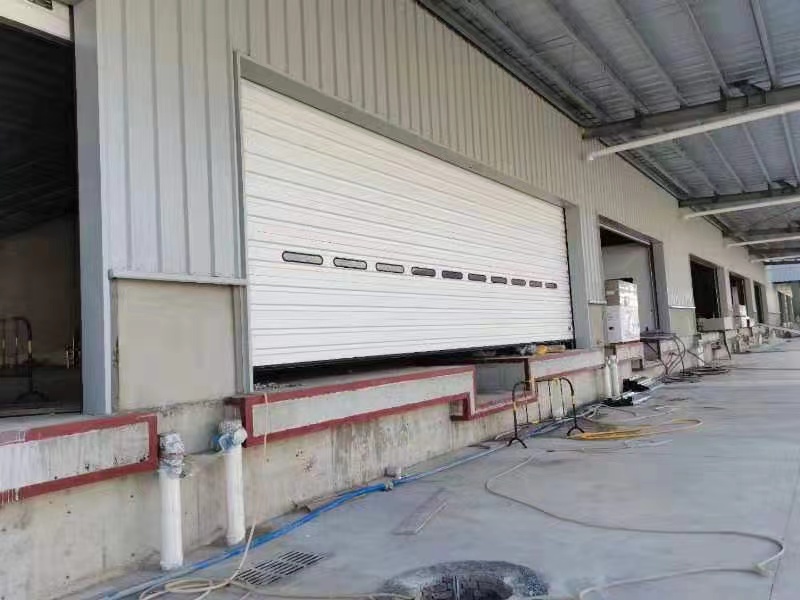do roller shutter doors come under loler
Roller shutters are a popular choice for commercial and industrial properties due to their durability, safety and ease of operation. However, when evaluating their security, it is essential to understand the regulations governing such devices. One such regulation is LOLER (Lifting Operations and Lifting Appliances Regulations), which aims to ensure the safe use of lifting appliances. In this blog post, we will delve into the question of whether rolling doors are LOLER and explore the implications for businesses and operators.
Learn about LOLER
LOLER is a set of regulations implemented in the United Kingdom to ensure the safe use of lifting equipment. These regulations apply to a wide range of equipment, including cranes, forklifts, cranes, and even simple machines such as escalators. LOLER requires equipment to be thoroughly inspected by qualified personnel to ensure its safe operation.
Do rolling doors belong to the category of LOLER?
In order to determine whether a rolling door is affected by LOLER, we need to consider its operating characteristics. Roller shutters are primarily used as barriers or partitions on commercial or industrial properties, rather than as lifting equipment for transporting goods or materials. Therefore, it can be said that rolling shutters generally do not belong to the scope of LOLER.
However, it is worth noting that specific situations may require the installation of additional lifting equipment, such as balancing mechanisms or electric motors, to operate larger or heavier roller shutters. In such cases, these additional elevated components may fall under the jurisdiction of LOLER. Therefore, businesses and operators should always consult a qualified professional to assess whether their rolling doors comply with the LOLER regulations.
Safety compliance for rolling shutter doors
While rolling shutters may not be directly covered by LOLER, it is vital to emphasize the importance of safety compliance when installing, maintaining and using rolling shutters. Both the Health and Safety at Work Act 1974 and the Supply and Use of Work Equipment Regulations 1998 require businesses to ensure that all machinery and equipment, including roller shutters, are safe for use.
In order to comply with these regulations, regular maintenance and inspection of rolling shutters is essential. Ideally, businesses should develop a maintenance schedule that includes checking for any signs of wear, testing the operation of safety devices, lubricating moving parts, and verifying the overall function of the door.
While rolling doors are generally outside the scope of LOLER regulations, it is critical for businesses and operators to prioritize the safe use and maintenance of rolling doors. By implementing a regular maintenance program and inspections, potential risks can be mitigated to ensure the longevity, reliability and safety of your rolling door.
It is always advisable to consult qualified professionals and experts to assess the specific requirements of each case, taking into account factors such as size, weight and additional lifting mechanisms associated with roller shutters. By doing so, businesses can ensure compliance with appropriate regulations, provide a safe environment for employees, and effectively protect their assets.
